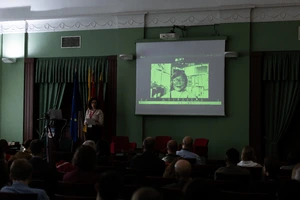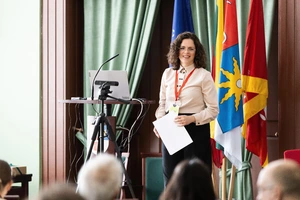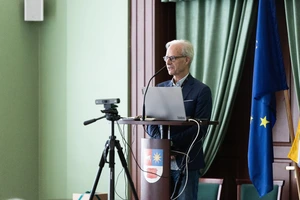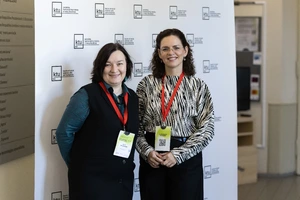At the international conference “Societal Responses to Environmental Crises and Energy Transitions”, leading scholars explored how humanity can navigate the intertwined crises of our time. The event, hosted at Kaunas University of Technology, Faculty of Social Sciences, Arts and Humanities, was organised as the ESA RN12 “Environment and Society” mid-term conference and the “Energy and Society” network’s 7th international joint conference.
Participants offered critical insights into climate injustice, energy transformation, the role of social researchers, and the challenges of the polycrisis.
The environment as the foundation of health
Human health is inseparable from the health of our planet. Dr Joyeeta Gupta, one of the plenary speakers in the conference and a professor in the University of Amsterdam, reminded participants that air pollution alone causes seven million premature deaths each year – a stark reminder that clean air, water, food, and stable climates are not luxuries but the very conditions for survival.





